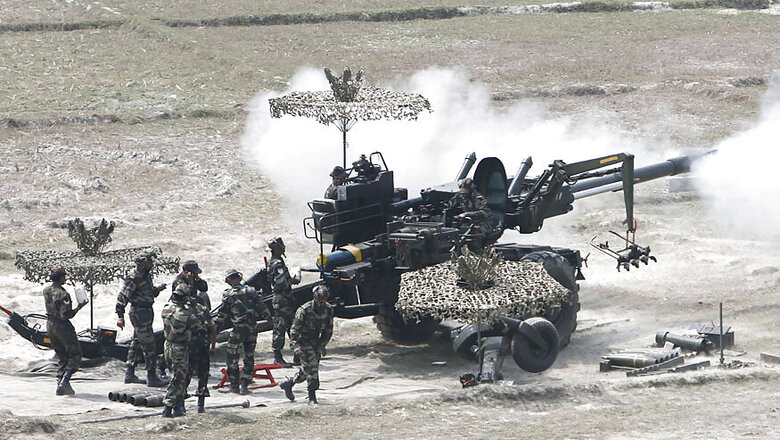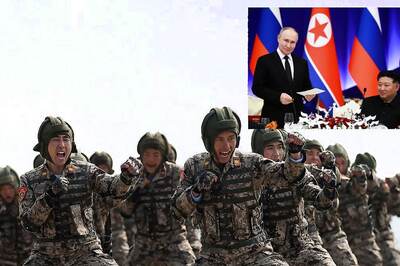
views
New Delhi: The CBI has moved a Delhi court to investigate the Bofors gun kickback case, which had once implicated late Prime Minister Rajiv Gandhi and other Congress leaders.
The agency has filed an application before a trial court to further investigate the politically sensitive case.
The application was filed by the CBI on Thursday under the provisions of the Criminal Procedure Code (CrPC), which enables an investigating agency to take up the matter to investigate a case further after permission of the trial judge.
The trial court has fixed the case for hearing on February 17.
According to the application, certain new material has surfaced which warrant a further investigation into the Bofors case.
The CBI's plea mentioned a television interview by private detective Michael Hershman, who claimed that the Rajiv Gandhi government had sabotaged his investigation, and that he was open to assist the Indian agency in getting to the truth.
Hershman, who is the president of the United States detective agency Fairfax, had also claimed in the interviews that former Prime Minister Rajiv Gandhi was “furious” when the detective reportedly found a Swiss bank account in which bribe money from the Bofors scandal was parked.
"Hershman has stated that he is in possession of material which would show the payment of bribes in the Bofors deal, and that the involvement of powerful persons may be the reason for the checkered history of this case," stated the CBI's application, seeking a permission to further probe the case.
A day after moving the trial court, the CBI also filed an appeal against the Delhi High Court order, closing the case against Hinduja brothers.
It pointed out that since it intends to now investigate the case further, it must file an appeal against the closure of the case in the top court.
Explaining the 12-year-long delay, the agency contended that although the HC judgment was legally untenable, it could not file an appeal since the government of the day (UPA-I) and the law officer concerned denied it the permission.
The CBI, relying upon the principle that a crime never dies, requested the SC to admit its appeal
"In the present case, given the gravity of the offences and the weighty public interest involved, it is submitted that this court would decide this petition not on the basis of the time but on the touchstone of the necessity to ensure that the guilty do not escape the long arm of the law and go unpunished,” the agency submitted in the apex court.
It maintained that the accused cannot be let go “scot-free” without trial as it would “jeopardise national and public interest”.




















Comments
0 comment